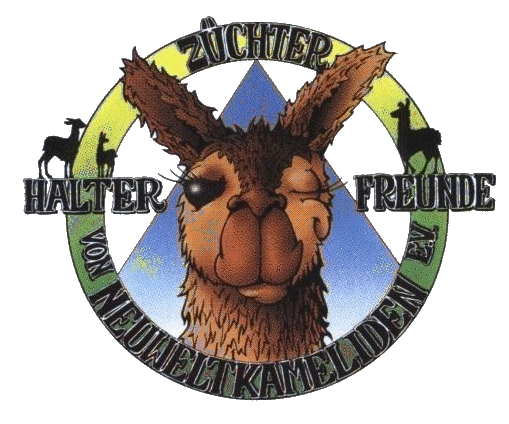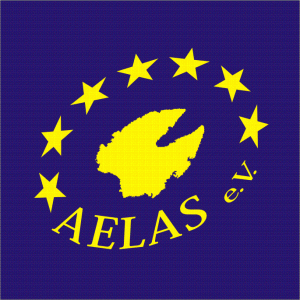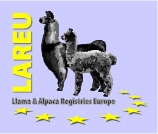Speakers
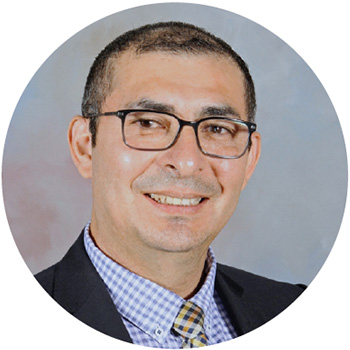
Arturo Pena | USA
Judges the Fleece Show AAe.V.
Internationale Vlies Schau, AAe.V.
- Tuesday, 03/04 to Thursday, 03/06/2025 in the ARENA
Meetings, Lectures, Clinics
- Thursday, 03/06 to Sunday, 03/09/2025
Thursday 03/06/2025 in the STADTHALLE (City Hall)
09 a.m. – 12:00 p.m.
Meeting of Associations and Organizations – organized by the NWK
1 p.m. – 6 p.m.
Lectures in Veterinary Medicine – compiled by the NWK by Dr. Henrik Wagner among others with Prof. Dr. Dr. Matthias Gauly from Italy, Prof. Dr. Patrik Zanolari from Switzerland, Prof. Dr. Karin Müller from Great Britain, Dr. Frederik Vanden Berghe from France, Dr. Henrik Wagner from Germany, and Prof. Dr. Thomas Wittek from Austria.
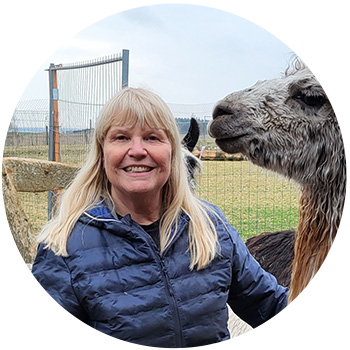
Dr. med. vet. Ilona Gunsser
Specialist in surgery and radiology
Saturday, 03/08/2025 in the ARENA, small Ring
10 a.m. – 2 p.m.
AELAS Transport course, instructor Dr. Ilona Gunsser, registration on www.aelas.org
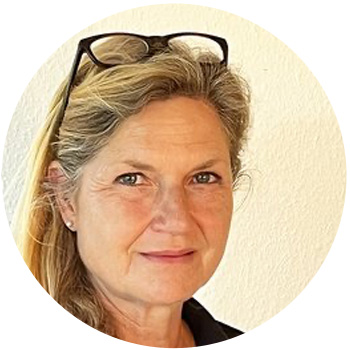
Andrea Rohrer
Breeder
Saturday, 03/08/2025 in the ARENA, small Ring
2 p.m. – 4 p.m.
Alpaca Color Genetics with Andrea Rohrer

Prof. Dr. Christian Kiesling
Scientist at the Max Planck Institute for Physics, Munich, and professor at the Ludwig Maximilians University in Munich
Sunday, 03/09/2025 in the ARENA, small Ring
9 a.m. – 10 a.m.
News from LAREU with Prof. Dr. Christian Kiesling
Sunday, 03/09/2025 in the ARENA, small Ring
10 a.m. – 11 a.m.
Presentation of the breeding quality assessment of the AZVD
The breeding suitability test (ZEP) is an objective method to evaluate an alpaca in three areas: 1. phenotypic evaluation, 2. health evaluation and 3. fiber quality evaluation.
The ZEP assesses the alpaca on the day of the examination and cannot make any statements about possible changes that only occur over time.
The aim of the ZEP is to classify animals into categories that assess their individual suitability as breeding animals:
- Category A is fully suitable for breeding
- Category B is conditionally suitable for breeding
- Category C not suitable for breeding (hobby animal)
31 phenotypic, 23 health-relevant and 21 fiber properties are tested and evaluated taking age into account.
The testing team basically consists of two phenotype testers and a veterinarian.
The following advantages arise for breeders and buyers:
- standardized testing procedure by qualified examiners
- defined catalog of criteria according to scientific criteria
- Recording all deviations from the alpaca standard
- veterinary examination for hereditary diseases and genetic defects
- Fiber analysis with OFDA 2000
- Certified quality control with results report on site
- direct breeding value estimation
- Reliability when breeding, buying and selling
- independent assessment basis for reports
Every alpaca presented at ZEP must be registered using DNA and have a working chip.
Lectures, International
- Friday, 03/07/2025 in the STADTHALLE (City Hall)

Dr. Birgit Fürst-Waltl | A
Leading Lecturer in livestock science at the University of Natural Resources and Life Sciences Vienna (BOKU), Austria
8:30 a.m.- 9:15 a.m., Breeding Merit Indices

Amanda VandenBosch | USA
Breeder, Judge and official
9:00 a.m.– 10:15 a.m., Research Results on Medullation
(together with Norm Evans)

Norm Evans | USA
Camelid Vet
9:00 a.m.– 10:15 a.m., Research Results on Medullation (together with A. VandenBosch)

Christian Van der Ham | NL
Tourism specialist
11:00 a.m.– 11:45 a.m., Tourism and Alpacas

Matteo Meucci | I
Expert in fleece processing
12:00 p.m.– 12:45 p.m., Alpaca Fleece Processing in Italy

J. Alonso Burgos Hartley | PER
Vice President of Colca Explorer S.A., Executive at Grupo Inca
2:00 p.m. – 2:45 p.m., Breeding Goals from Pacomarca’s Point of View
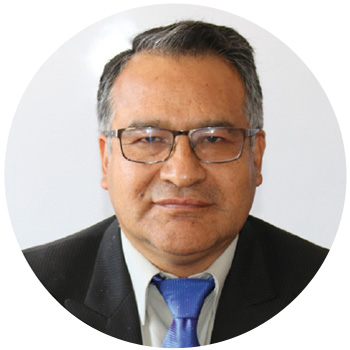
Dr. Edgar Quispe Peña | PER
Managing Director of Natural Fibers Tech SAC
3:00 p.m.- 3:45 p.m., Fiber Laboratory in Peru

Raul C. Rivera | PER
business economist University of Leicester and Fresno State University, Senior position at Michell & Cia S.A.
4:00 p.m.- 5.00 p.m., Alpaca Fleece Processing in Peru

Alpaka Show South and Fair
- Friday, 03/07 from 5 p.m. until Sunday, 03/09/2025 in the ARENA
By the Alpaka Marketing GbR. The participating alpacas of the Alpaca Show South will be judged by Amanda VandenBosch, USA, and Tim Hey, GB (International Alpaca Show to be confirmed).
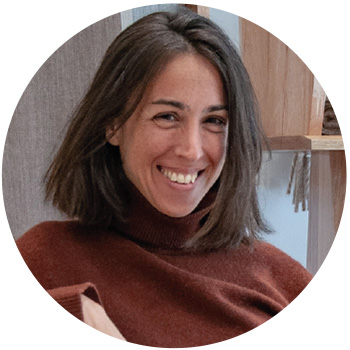
Lucrecia Lovera | ARG
Presents fashion from international designers
Alpaca Fashion Gala
- Saturday, 03/08., 1:00 p.m.- 2:00 p.m. in the ARENA
Alpaca Fashion Gala – Presented by Lucrecia Lovera from Argentina. Experience the alpaca fashion of tomorrow from international designers at an impressive Alpaca Fashion Gala.
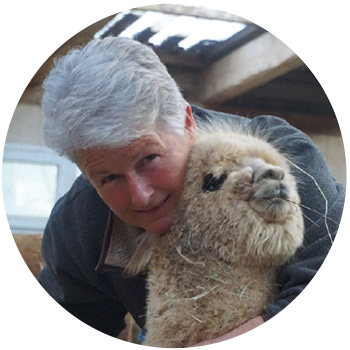
Stud Fee Auction
- Sunday, 03/09., 12:00 p.m.- 1:00 p.m. in the ARENA
Alpaca stud fee auction with Petra Borrmann, Alpakas des Westens .An exciting auction of first-class studs awaits you live in the ring. You can place your bid by purchasing a registered bidding card, which will be available on Sunday morning.

